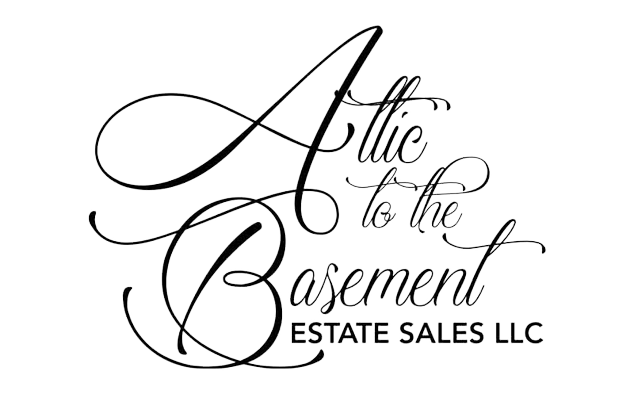Estate liquidation can be a daunting task, whether you’re handling the process due to a family member’s passing, downsizing, or simply clearing out unnecessary belongings. Effective preparation is crucial for a smooth and successful estate liquidation. This guide will provide you with the best ways to prepare for an estate liquidation, ensuring you navigate this process with ease and efficiency.
1. Understand What Estate Liquidation Involves
Before diving into the specifics, it’s essential to grasp what estate liquidation entails. Estate liquidation involves selling off the majority, if not all, of the items in a home. This can include furniture, collectibles, antiques, personal belongings, and sometimes even real estate. The goal is to convert these assets into cash quickly and efficiently.
2. Hire a Professional Estate Liquidator
One of the best ways to prepare for an estate liquidation is to hire a professional estate liquidator. Companies like Attic to the Basement specialize in managing estate sales, ensuring that items are appraised accurately and sold for the best possible price. Professional liquidators handle everything from organizing the sale to marketing it and even handling the transactions, providing you with peace of mind during this stressful time.
3. Take Inventory of the Estate
Before the liquidation process begins, take a comprehensive inventory of all the items in the estate. This helps in understanding what is available for sale and identifying any items of significant value or sentimental importance. An organized inventory will also assist the estate liquidator in pricing and categorizing the items correctly.
4. Secure Important Documents and Personal Items
Go through the estate and secure all important documents and personal items before the liquidation process begins. This includes financial records, legal documents, personal correspondence, and any items with sentimental value. Store these items in a safe place to prevent them from being accidentally sold or misplaced during the liquidation.
5. Appraise Valuable Items
Items such as jewelry, artwork, antiques, and collectibles should be appraised by a professional to determine their value. An accurate appraisal ensures that you receive a fair price for these high-value items. Your estate liquidator can often recommend reputable appraisers or handle this step for you.
6. Declutter and Clean the Space
A clean and organized space makes the liquidation process smoother and more appealing to buyers. Remove any trash, declutter spaces, and clean the home thoroughly. This not only helps in presenting the items better but also creates a safer and more pleasant environment for the estate sale.
7. Determine the Method of Sale
There are several methods to conduct an estate liquidation, including estate sales, auctions, and consignment. Each method has its pros and cons, so discuss with your estate liquidator which option is best suited for your situation. Estate sales are ideal for selling a large number of items
quickly, while auctions can be beneficial for high-value items. Consignment allows for the sale of items over a longer period, often in a retail setting.
8. Advertise the Sale
Effective advertising is crucial to a successful estate liquidation. Utilize multiple channels to reach a broader audience, including online marketplaces, social media, and local classifieds. Professional estate liquidators, like those at Attic to the Basement, have experience in marketing estate sales and can help attract potential buyers through their established networks and advertising strategies.
9. Set Realistic Expectations
Understand that not all items will sell for their appraised value, and some items may not sell at all. Setting realistic expectations about the outcomes of the sale will help you manage your emotions and make the process less stressful. Remember, the primary goal is to liquidate the estate efficiently, not necessarily to maximize profit on every item.
10. Be Prepared for Leftovers
After the sale, there may be unsold items. Have a plan in place for these leftovers. Options include donating to charity, selling them through other channels, or arranging for a clean-out service. Some estate liquidation companies offer services to handle unsold items, ensuring the property is left clean and ready for the next step, whether that’s a sale or rental.
Conclusion
Preparing for an estate liquidation can be overwhelming, but with careful planning and the help of professionals like those at Attic to the Basement, you can navigate the process smoothly. By understanding what the process entails, taking inventory, securing important items, appraising valuables, and effectively advertising the sale, you’ll be well on your way to a successful estate liquidation. Set realistic expectations, clean the space, and have a plan for any unsold items to ensure a stress-free experience.

